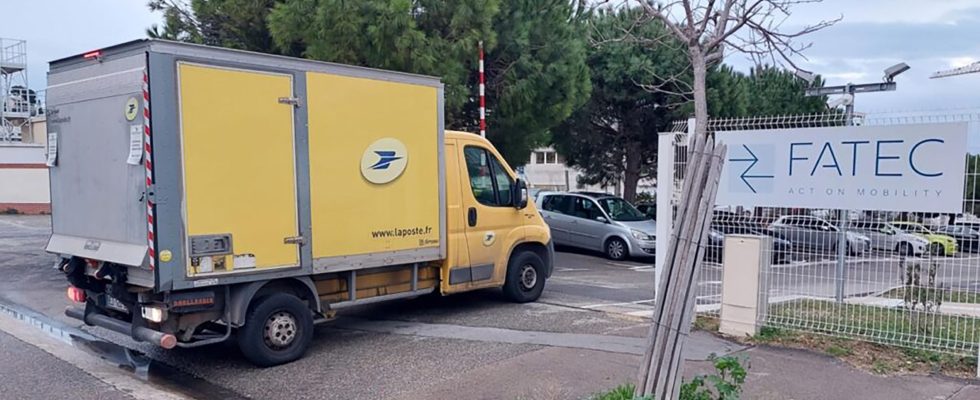Under the nose of the Overlease juggernaut, Fatec has just won a major contract. No less than half of the Véhiposte fleet, the subsidiary dedicated to mobility of the La Poste group! From May 1, the Marseille SME will support 32,000 electric cars, trucks and cargo bikes. She will ensure maintenance and supervise orders and deliveries.
The strength of the Phocaean company lies in its independence from manufacturers, rental companies and maintenance networks. “With us, companies are sure to have objective advice,” its director, Théophane Courau, likes to repeat. And the strictest supervision. On the technical platform, former mechanics check each repair quote, the price of parts, labor time and their compliance with the manufacturer’s scales. The customer gains transparency, only pays the costs actually incurred and frees himself from the flat rates often imposed in long-term rentals. Result: savings of around 10% to 20%.
“Independent managers are not constrained by framework agreements with a particular windshield repairer or another tire provider. And they have no interest in recommending a particular fuel card. Which authorizes tailor-made “, underlines Philippe Ambon, director of development at Holson, a consultancy firm for fleet managers.
Outsourcing is particularly relevant for companies that own 100 to 500 vehicles. They often only have one person to administer them, who generally does not have adequate IT tools or all the necessary knowledge. How can we control both the Urssaf scales for benefits in kind and the company’s tax level linked to the selection of models?
Greater freedom
“The profession has become extremely complex, because of taxation and the energy transition,” insists Philippe Ambon. Exit the Excel table, make way for cutting-edge software. And the anticipation. “We dissected the finance law as soon as it was published and reoriented our customers’ choices to avoid the tax on vehicle weight,” recalls Philippe Ambon.
The incentive for green mobility represents a major advantage for independents. Unlike long-term rental companies, they do not place financing and do not sell cars. They are therefore free to recommend a reduction in the fleet and to encourage car sharing among employees. Or limit mileage by increasing the use of trains.
“We can recommend greater use of teleworking or a new system of meetings in an agency, confirms Philippe Ambon. We are at the heart of a network of varied departments, faced with their own problems. Which gives us an overall vision which large rental groups, mainly in contact with the purchasing department, lack.” This multi-functionality is attracting an ever-increasing number of companies. Sanofi recently entrusted 1,500 vehicles granted to its commercial visitors to Traxall. L’Oréal has selected Lyon’s Solucar.
In 2022, eight of these “freedmen” created their association, aFleet. Coming from different backgrounds – software publishers, telegarage operators, consultancy moving towards zero emissions – they share their know-how and lead discussions on the fleet ecosystem. In total, they have 600 customers, 400,000 vehicles and nearly 400 employees. A strike force which generated growth of 8% last year.
An article from the special “Automobile” report of L’Express, published in the weekly on April 18.
.
